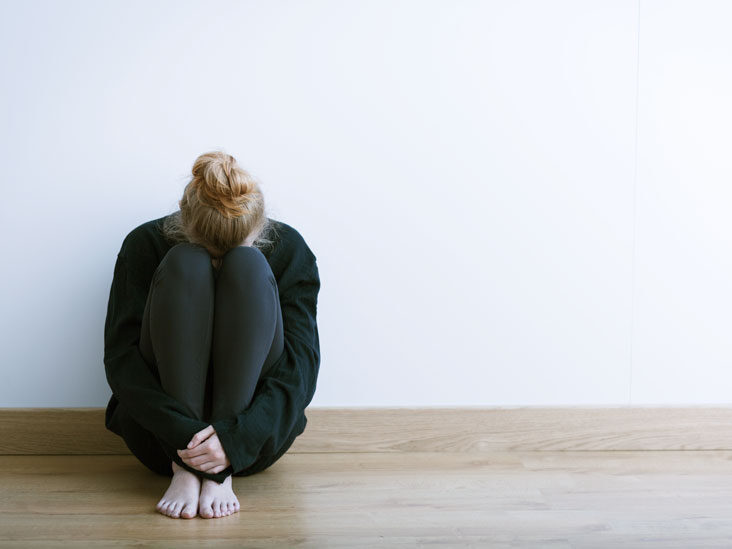It is typical of anyone to be anxious once in a while, and sometimes, anxiety can be beneficial. For example, it helps you recognize a dangerous situation and establish ways to stay safe. However, anxiety disorder causes you to worry over everyday situations constantly, and it usually involves intense feelings of fear. These heightened emotions are generally difficult to control and interfere with your day-to-day activities. You may avoid situations, people, and environments that make you anxious, affecting your relationships. Fortunately, with the help of your San Diego psychiatrist, you can overcome the negative effects and lead a successful life.
Symptoms of anxiety disorder
Symptoms of anxiety vary depending on the type of anxiety you may have. However, almost all kinds of anxiety disorders have the following combination.
- Physical symptoms such as accelerated heartbeat and shortness of breath. Some people with anxiety may have unexplained aches and dizziness. Caffeine and certain medications may worsen these symptoms.
- Behavior changes. You may avoid activities you once enjoyed and withdraw from close relationships.
- Restlessness and anxious thoughts. These thoughts can be a challenge in your daily activities, and they tend to worsen over time.
What are the types of anxiety disorders?
Panic disorder
Panic disorder involves several episodes of intense anxiety, which can reach a peak in minutes (panic attack). The feelings are stronger and more intense than other types of anxiety. A panic attack may suddenly occur or may result from a trigger. For example, a situation you dread may trigger a panic attack. If you have a panic attack, you may experience symptoms such as accelerated heartbeat, chest pain, shortness of breath, and sweating.
After experiencing a panic attack, you may live in constant fear of them happening again and may try hard to avoid situations, places, or people that might trigger the attack.
Generalized anxiety disorder
If you have this type of anxiety, you may be tense and worry about everyday activities, even if nothing triggers these feelings. Excessive worry is usually challenging to control and may affect how you feel physically. Symptoms of this type of anxiety include difficulty concentrating, restlessness, and finding it hard to fall asleep. Generalized anxiety disorder often occurs along with mental disorders such as depression.
Phobias
Phobias involve excessive fear over specific objects and situations and may sometimes trigger a panic attack in some people. Phobia of snakes is a common one which is also reasonable since these animals can be dangerous. However, phobia causes intense fear that usually does not match the situation. Like most anxiety disorders, you try hard to avoid anything that would trigger the phobia, including situations and objects. Sometimes this may mean avoiding everyday situations that can negatively impact your quality of life.
Social anxiety disorder
It involves intense feelings of anxiety and avoidance of social places or situations. People with this type of anxiety tend to be self-conscious each time in crowds for fear of being judged. If you have social anxiety disorders, you may dread being in crowded or social places.
Anxiety may not go away on its own, which is why you should book an appointment today with your specialist at MindSet for treatment.











